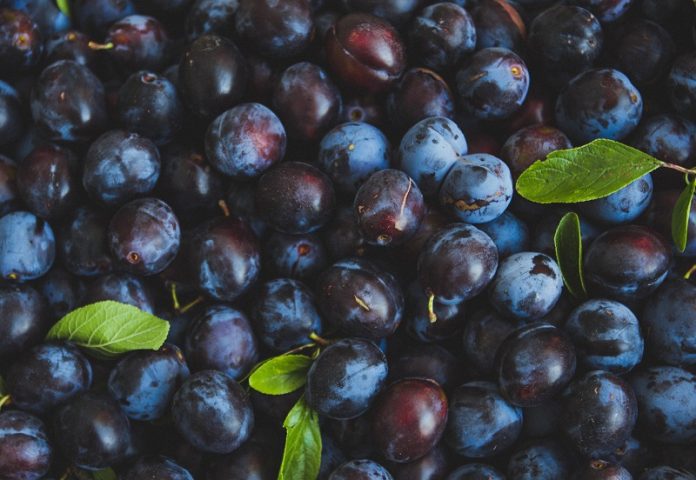
Scientists from Florida State University found that eating dried plum, but not dried apple, could improve bone health in older women.
The research was published in the British Journal of Nutrition and was conducted by Shirin Hooshmandet al.
Osteoporosis is a bone disease that develops when bone mineral density and bone mass decrease, or when the quality or structure of bone changes.
This can lead to a decrease in bone strength that can increase the risk of fractures (broken bones).
Osteoporosis is a “silent” disease because you typically do not have symptoms, and you may not even know you have the disease until you break a bone.
Osteoporosis is the major cause of fractures in postmenopausal women and in older men. Fractures can occur in any bone but happen most often in bones of the hip, vertebrae in the spine, and wrist.
Aside from existing drug therapies, certain lifestyle and dietary habits are known to reduce the risk of osteoporosis.
In the nutritional factors, dried plums or prunes are the most effective fruit in preventing and reversing bone loss.
Prunes are rich in potassium, fiber, and antioxidants. They are also an excellent source of vitamin K.
Previous research has shown that prunes could help boost digestion, reduce cholesterol levels, lower blood pressure, and builds bone and muscles.
In the current study, researchers aimed to examine the extent to which dried plum reverses bone loss in older women with a high risk of bone loss.
They tested 160 older women, who were 1-10 years postmenopausal and not on hormone replacement therapy or any other prescribed medication known to influence bone health.
The participants were assigned to one of the two treatment groups: dried plum (100 g/d) or dried apple (comparative control). The people received 500 mg Ca plus 400 IU (10 μg) of vitamin D daily.
The team measured the bone density of the lumbar spine, forearm, hip, and whole body before and at the end of the study.
They also tested blood samples at the beginning, 3, 6, and 12 months to check bone biomarkers.
The researchers found that dried plum strongly increased bone density of the ulna and spine in comparison with dried apple.
In addition, compared with the beginning of the study, only dried plum strongly decreased blood levels of bone turnover markers including bone-specific alkaline phosphatase and tartrate-resistant acid phosphatase-5b.
Bone turnover is the process of resorption followed by replacement by new bone with little change in shape, and it occurs throughout a person’s life.
The team says these findings confirmed the ability of dried plum in improving bone density in older women in part due to suppressing the rate of bone turnover.
However, one limitation of the study is that there was no meaningful difference in bone turnover rate between the plum group and the apple group.
It is unclear whether dried apple could also help slow down the bone turnover rate, or whether the plum effect was not strong enough. Future research needs to address the issue.
If you care about nutrition, please read studies about how the Mediterranean diet could protect your brain health and the best time to take vitamins to prevent heart disease.
For more information about nutrition, please see recent studies about plant nutrients that could help reduce high blood pressure, and these antioxidants could help reduce dementia risk.
Copyright © 2022 Scientific Diet. All rights reserved.





